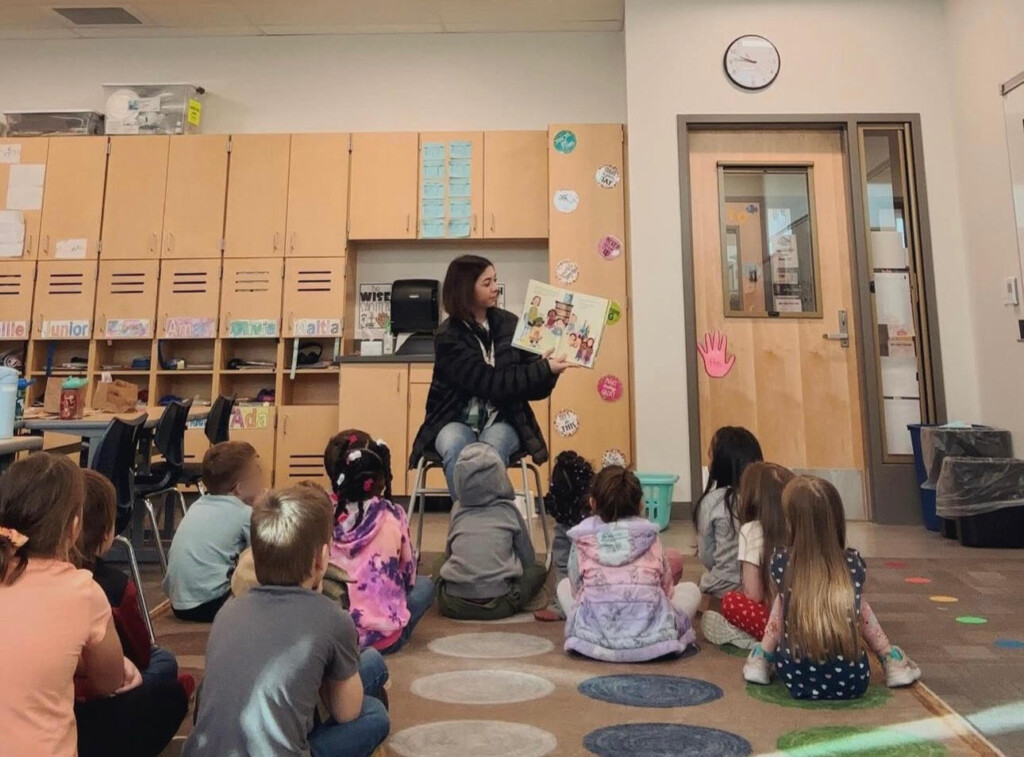Page 345 • (12,380 results in 0.049 seconds)
-
), give you opportunities to engage with your host community outside of the classroom, and allow you to travel to different places within your host country. On study tours, you will explore and learn more about the culture, history and society of where you’re studying!InternshipsInternshipsGateway programs offer a wide range of academic internship opportunities that students can pursue! Onsite staff and/or faculty will support students who are interested in pursuing an internship, helping connect them
-
history and tradition of Scandinavian explorers who have spanned the globe encountering new lands, boldly reaching inaccessible places and making countless contributions to human knowledge. Viking seafarers, for example, were in America 500 years before Christopher Columbus, a Norwegian was the first to travel to the South Pole and Heyerdahl was a pioneer of experimental archaeology in the world’s oceans. Admission to the exhibit is free and open to the public during SCC open hours (Tues/Wed 11am to
-

university’s long-range planning report, underscored that ancient commitment to act with justice and resist structural evil, the true meaning of “justice” remains an open, and disputed, question. While American children grow up repeating the words “with liberty and justice for all” in the Pledge of Allegiance, our nation’s history offers another story in which women, immigrants, people of color, refugees, sexual minorities and the land itself have been deprived freedom and justice. Lutheran Studies
-
times per year are considered Regular Drivers. Employees must meet the minimum driver qualifications to be considered for any position where driving is required. The Authorization process is completed at the time of hire: Employees will complete a Motor Vehicle Record (MVR) Check Release of Interest form (This form allows PLU to check your driving history) at the same time other employment documents are completed through Human Resources. Human Resources conducts the MVR Check and notifies Risk
-
Learning Goals & OutcomesAPA Guidelines for the Undergraduate Psychology Major Version 3.0Revised 08/30/24GOAL 1: Content Knowledge & Applications1.1 Describe key concepts, principles, and theories in psychological science 1.2 Develop a working knowledge of psychology’s major subfields 1.3 Portray significant aspects of the history of psychological science 1.4 Apply psychological content to solve practical problems 1.5 Provide examples of psychology’s integrative themesGOAL 2: Scientific
-

one day I can repay the favor to another hard-working student. Thank you to the donors who are supporting me; it makes me feel that all my hard work did pay off.” Austyn Blair ’25, English Lit and Holocaust and Genocide Studies, Religion, Gender and Sexuality Studies “My goals are to teach English and/or work in genocide prevention and education. I want to educate others as I educate myself.” Austyn Blair ’25 has a full schedule. He is majoring in English Literature and minoring in Holocaust and
-
focuses on the adaptation of the Tsuji-Wacker oxidation to be used in an undergraduate lab. The main purpose for adapting this reaction is to find an environmentally-friendly hydration method that can be used to selectively synthesize the Markovnikov and anti-Markovnikov forms. Using a literature reference, it was discovered that replacing the typical pd (II) catalyst with an iron catalyst yielded a similar result. Using an iron catalyst as opposed to a palladium catalyst would be very beneficial as
-
June 29, 2011 https://www.youtube.com/watch?v=d0eHyaJ26Ks Patience and a good ear essential in studying elusive crossbills, which live, breed and sing in the canopy By Barbara Clements Having a conversation with Julie Smith is a stop and go affair. In mid-conversation, she’ll stop, and listen. And then pick up the thread without missing a beat. Smith, an assistant professor of biology, and biology major Aaron Grossberg ’12, are picking their way on a muddy trail to a beach near La Push, Wash
-
By:Brooke Thames '18 January 12, 2018 0 Carl Petersen ’04 https://www.plu.edu/resolute/winter-2018/wp-content/uploads/sites/20/2017/01/carl-petersen-cover-1024x427.jpg 1024 427 Brooke Thames '18 Brooke Thames '18 https://www.plu.edu/resolute/winter-2018/wp-content/uploads/sites/20/2016/05/brooke-thames-e1464106633496.jpg January 12, 2018 May 15, 2018 Carl Petersen ’04 In a lively yet ominous steampunk world, a boy and a bully clash in the classic struggle of good and evil. The stakes: bravery
-
English requirement is met by taking courses that veterinary schools would recognize as writing or literature courses. Courses in the Humanities, Social Sciences and Arts The majority of veterinary schools have formal requirements for courses in social sciences, humanities and arts. However, often these requirements are waived if the applicant has or will be earning a BA/BS degree. A course in oral communication, either interpersonal or group communication or public speaking, is often
Do you have any feedback for us? If so, feel free to use our Feedback Form.


